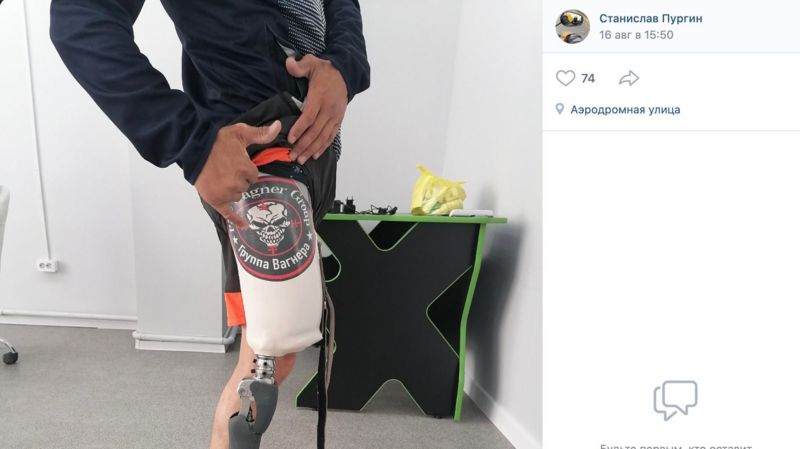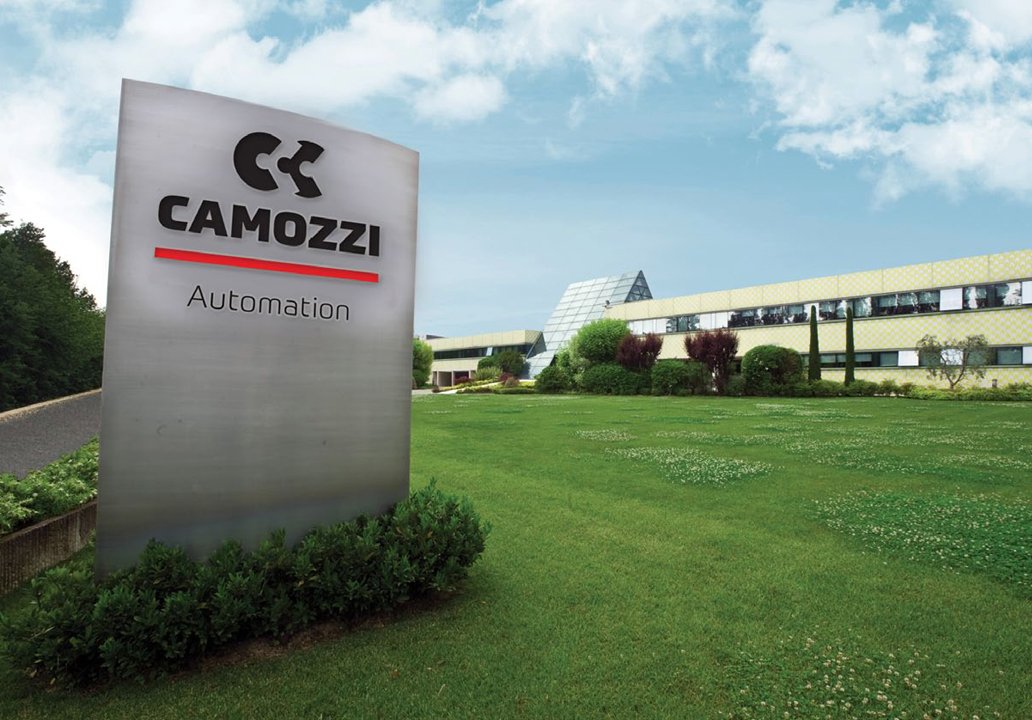Despite mounting international pressure, Italian technological giant Camozzi Group appears to be maintaining business operations in Russia. Job postings on Russian employment websites show the company has over 80 open positions nationwide, including engineering roles in cities like Moscow, Nizhny Novgorod, and Rostov-on-Don. Some job ads were listed just days ago, suggesting the company is actively recruiting in Russia amid the ongoing war in Ukraine.
While Camozzi is best known for making pneumatic equipment, the available jobs cover various functions beyond engineering, signaling a sustained presence rather than just essential maintenance work.

Furthermore, Camozzi operates a mechanical assembly plant in occupied Crimea. An up-to-date job listing for a systems administrator position at this plant is posted on a Russian job search website.

Information about Camozzi Pneumatics, the official representative of the Italian group in Russia, is also available on list.org, a website that compiles data about all Russian legal entities. The listed staff of the organization comprises nearly 700 individuals.

Additionally, the Ukrainian journalists' project, "Trap Aggressor," revealed a court decision from a Russian court in April 2023 that mentioned Camozzi Pneumatics. The document discusses a settlement between this company and the largest manufacturer of freight cars in Russia, the Tikhvin Freight Car Building Plant.

The court ordered the Tikhvin Freight Car Building Plant to pay Camozzi Pneumatics for the outstanding debts to orders fulfilled after Russia's full-scale invasion of Ukraine.
The Tikhvin Freight Car Building Plant produces more than 18,000 freight cars annually. This directly connects it to the Russian military-industrial complex, as the logistics of the Russian army for the war in Ukraine are almost exclusively by rail. Because of this, in October 2022, Ukraine imposed sanctions on this plant.

Western sanctions have also had a significant impact on the plant's operations. In the summer of 2022, the plant had to shut down for 2.5 months due to a critical shortage of cassette bearings for railcars. These bearings were previously supplied by American companies that withdrew from the Russian market in response to Russia's invasion of Ukraine. Strikingly, the Camozzi group seemed oblivious to these Western sanctions against Russia.
In an attempt to save face in the aftermath, Camozzi decided to remove the Russian version from its official website. Nevertheless, the Italian conglomerate continues to market and distribute its products through various other Russian platforms. Notably, each product listing emphasizes the availability of "many in stock."

According to Ukrainska pravda, following the full-scale invasion, the Camozzi group supplied "Camozzi Pneumatics" in Russia with products totaling $61 million. This primarily includes fittings for pipes, aluminum and plastic products, but also comprises power units and pneumatic engines.
Interestingly, Camozzi has not yet cleared its Google cache, allowing access to a page listing Russian clients affiliated with the Russian military-industrial complex. Notably, this includes some of the world's largest entities, such as Uralvagonzavod, a leading tank manufacturer, The Kolomna Locomotive Works, known for producing railroad locomotives and diesel engines, and Izhorskiye Zavody and Power Machines, all of which are under sanctions in Ukraine and the United States.

This information dates back to 2011, so whether Camozzi continues collaborating with these Russian enterprises remains to be determined. However, in 2018, Camozzi was still supplying parts for metal processing to the Russian tank manufacturer Uralvagonzavod and pneumatic cylinders to the Kazan Powder Plant.
Meanwhile, Camozzi continues to operate in Ukraine, with at least one military enterprise among its clients involved in the production of armored vehicles. This could potentially explain why, despite its operations in Russia and occupied Crimea, Camozzi has not yet appeared on the list of sanctioned companies issued by the National Security and Defense Council of Ukraine.

We have sent a request to the Camozzi Group to allow them to comment on their current activities. However, as of the publication of this material, we are still waiting to receive a response. We will update the article as soon as a response is received.
Western corporations struggle to break ties with Russia despite mounting sanctions
Trending Now
Since Russia's full-scale invasion of Ukraine, hundreds of foreign businesses announced shutting down operations in Russia, and the US and EU have implemented severe economic sanctions. Castellum.AI reports over 13,500 restrictions placed on Russian entities, making Russia a global leader in sanctions, surpassing Iran threefold.

However, over 20 months since the start of the full-scale invasion of Ukraine, only a handful of Western companies have truly left the Russian market.
Experts disagree on the number of companies that have left Russia and what constitutes a "full exit." According to the Kyiv School of Economics (KSE), there were 3,563 companies operating in the Russian market up until 2022, and only 289, or 8%, completely closed their businesses there.

The Yale School of Management's Leadership Institute (CELI) claims that around a thousand Western companies have left Russia, approximately a third of the total.
Many companies declare that they are about to exit the Russian market or are in the process, but in reality, this often means they are waiting. Those that remain cite financial difficulties or even appeal to humanitarian concerns.
As a result, Russia still hosts giants like Nestle, Auchan, PepsiCo, Coca-Cola HBC, Mars, P&G, Raiffeisen Bank, Unilever, L'Oreal, and others. Products from BMW, Apple, and Ikea are also available in Russia, despite these companies' promises to withdraw from the market.
One particularly cynical case deserving attention is the German company Ottobock, specializing in high-tech prosthetics. Its Russian office continues to operate, and as reported by the BBC, German prostheses are received by fighters of the Wagner group injured in the war in Ukraine.

Ottobock claimed to have conducted an internal investigation, identifying a small amount of products sold to a Russian company involved in prosthetics for injured Russian soldiers. They claimed to sever ties with this company. However, a few days later, at the end of August 2023, a representative from Ottobock's Russian office attended a conference in Moscow titled "Life after Z," where participants discussed enhancing rehabilitation for the injured Russian military.

Thus, practice has shown that almost anything can be imported into Russia from anywhere in the world, ranging from dual-use microchips to turbojet engines for Airbus. Western companies participate in these schemes through intermediary countries, and the Russian government has circumvented numerous American and European sanctions.
Read more:
- US officials admit frustrations that Russia sanctions have been slow to bite - CNN
- NYT: Russia overcomes sanctions and produces even more missiles than before 2022
- EU issues guidance to prevent evasion of sanctions imposed on Russia
- Bloomberg: EU likely to ban Russian diamonds in 12th Russia sanctions package

